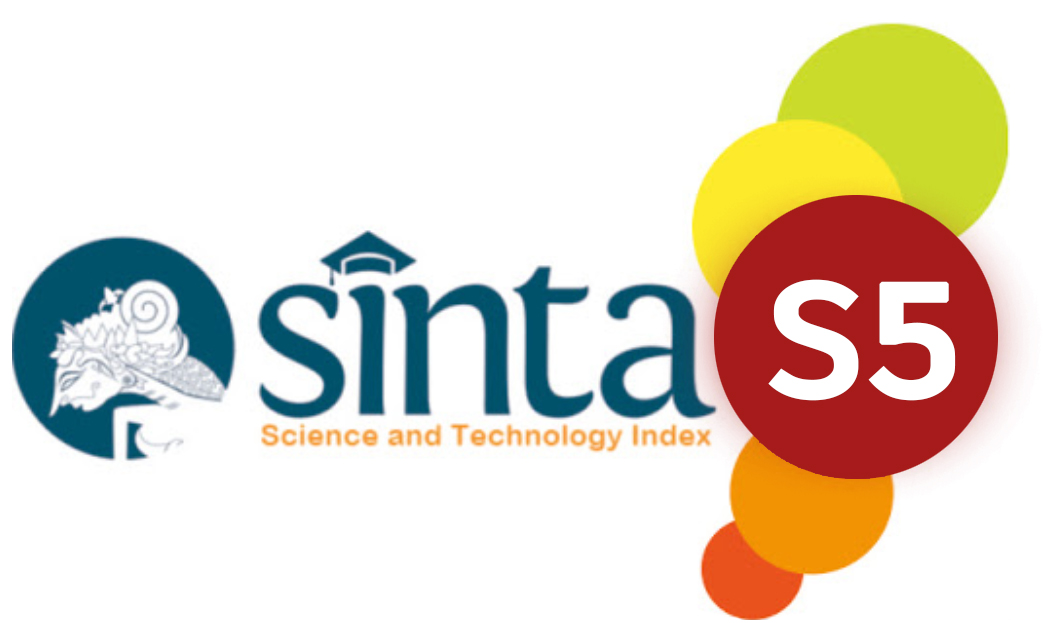PROSEDUR KLAIM JAMINAN HARI TUA (JHT) PADA BPJS KETENAGAKERJAAN
DOI:
https://doi.org/10.61393/heiema.v2i2.181Keywords:
Claims system, System implementation, EffectivenessAbstract
The purpose of the research is to find out the old-age security claim system, the implementation of the old-age security claim system and the effectiveness of the old-age security claim system. The research method that the author uses in this research is descriptive analysis, with the research approach used in this research being qualitative. The results showed that the old-age security (JHT) claim system is one form of service provided by the Social Security Administration (BPJS) of Employment to provide social protection guarantees for participants who have reached retirement age and meet the JHT claim requirements. The JHT claim system at BPJS Ketenagakerjaan is implemented by following predetermined procedures. Namely, participants must first register and pay JHT contributions regularly for at least 15 years before they can submit JHT claims. The JHT claim process is done by applying online or directly to the nearest BPJS Ketenagakerjaan office by attaching the required supporting documents. After verification and data processing, BPJS Ketenagakerjaan will disburse claim funds to participants. The effectiveness of the JHT claim system can be measured by how fast, easy, and accurate BPJS Ketenagakerjaan is in providing services to participants. In this case, BPJS Ketenagakerjaan must be able to provide timely and efficient services so that participants do not experience difficulties when submitting JHT claims. In addition, BPJS Ketenagakerjaan must also be able to deliver quality solutions and services if there are problems or complaints from participants regarding the JHT claim process.
References
Djahir, Yulia dan Dewi Pratita. 2015. Bahan Ajar Sistem Informasi Manajemen. Yogyakarta : Deepublish.
Febi, Kurniawan (2015). Ilmu Kepelatihan Dasar. Bandung: Alfabeta
Hutahaean, Jeperson. 2015. Konsep Sistem Informasi. CV Budi Utama: Yogyakarta
Ilyas, Yasli (2011), Kinerja, Teori, Penilaian dan Pelatihan. Jakarta: BPFKUM UI.
Mariana Mariana, & Murthaza, M. (2019). Etika Bisnis dalam Perspektif Hukum Islam (Studi Kasus pada Swalayan Kota Sigli). Jurnal Tahqiqa: Jurnal Ilmiah Pemikiran Hukum Islam, 13(1), 62–72. https://www.researchgate.net/publication/342378823
Mariana, M., & Amri, A. (2021). Hawalah Mutlaqah dalam Perspektif Syafi’iyah dan Hanafiyah. SINTESA: Jurnal Kajian Islam Dan Sosial Keagamaan, 1(2), 136–147. https://jurnal.kopertais5aceh.or.id/index.php/SINTESA/article/view/182
Mulyani, Sri. 2016. Sistem Informasi Manajemen. Bandung: Abdi Sistematika.
Nufiar, Mariana, & Muhammad Ali. (2020). Settlement of Problematic Loans in the Unit Pengelola Kegiatan (UPK) of Pidie District did Sharia. Journal of Social Science, 1(4), 147–151. https://doi.org/10.46799/jsss.v1i4.55
Sugiyono.(2010). Metode Penelitian Kualitatif Kuantitatif. Bandung : CV. Alfabeta.
Sulla, Muhammad (2004), Asuransi Syariah Life and General Konsepdan Operasional, Jakarta: GemaInsani Press
Downloads
Published
How to Cite
Issue
Section
License
Copyright (c) 2023 Mirnawati Mirnawati

This work is licensed under a Creative Commons Attribution 4.0 International License.
























